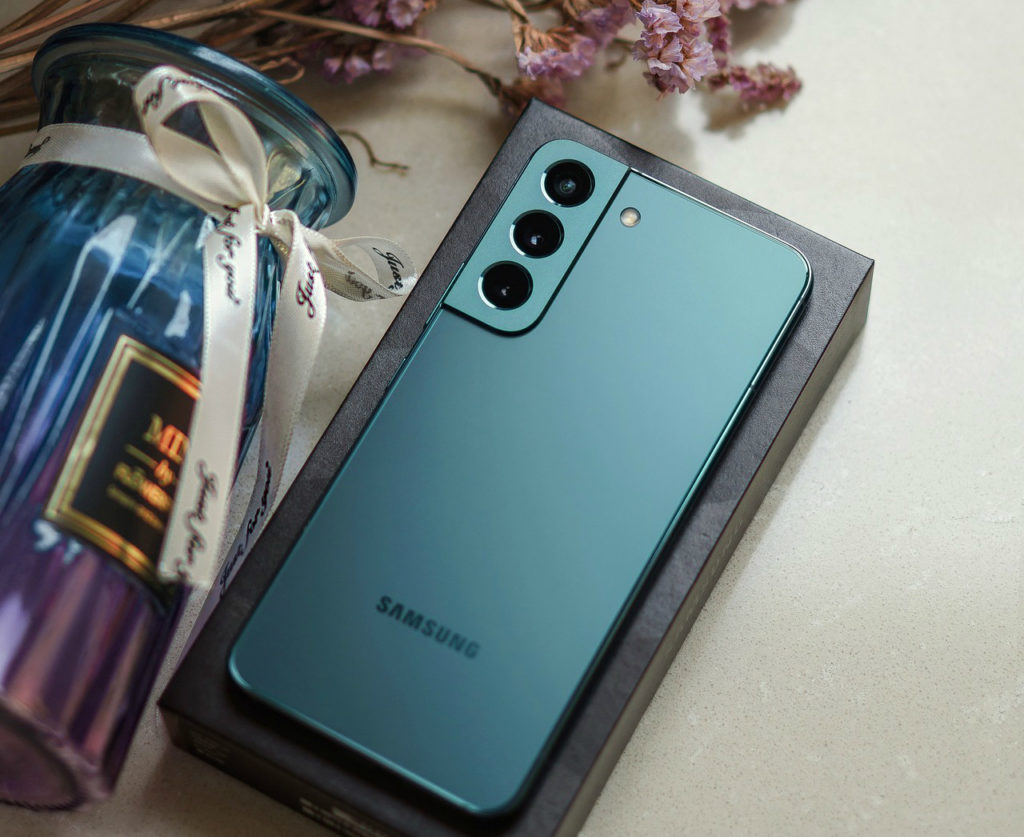Commercial Feature
Why You Can’t Afford to Keep Using an Old Smartphone Much Longer

While using an older smartphone might seem like a great way to save money or avoid learning a new operating system, it comes with a lot of drawbacks that can outweigh the benefits. From security risks to compatibility problems, older smartphones can quickly become unusable despite being fully functional.
Here’s why you should consider upgrading your smartphone periodically and not hang on to an old device for too long.
1. Newer phones are typically more durable
With every new lineup that gets released, smartphones become more durable than ever. For example, Samsung’s new Galaxy S25 screens are made with Gorilla Armor – a durable material that offers enhanced visual clarity, is scratch-resistant, and does up to 50% better on drop tests. It’s still a good idea to protect your Galaxy S25 with a case, but it will give you peace of mind knowing you shouldn’t have to replace your entire phone after a small, accidental drop.
It’s not just the screens that are more durable on newer phones. It’s the entire device. Some devices are even made to be intentionally flexible to flow with heavy, daily use. Older phones may be heavier and built like a brick, but they’re also more likely to shatter when dropped from small heights.
2. Older phones are a security risk
With an older phone, there will be a definite moment in time where you’ll stop receiving critical security updates to your operating system, and when that happens, your phone will be vulnerable to hackers. Your hardware will continue to function just fine, but the lack of security could result in a cyberattack where hackers steal your private information, photos, and videos and gain access to your online accounts.
The reason manufacturers stop sending out updates after a period of time is because it’s not just a single update that gets sent out. A unique update is needed for every single handset that uses the operating system, which isn’t usually feasible. This is why Apple is able to offer updates for around 8 years – there’s only one device to update (the iPhone). If you use a Samsung, Sony, Google, or Windows phone, it’s a good idea to upgrade your device at least every four or five years.
3. You’ll lose access to your favorite apps
Applications are made to be compatible with certain operating system versions, and as operating systems are upgraded, developers release new versions of their apps. Sometimes releases come with new features, but often, it’s just a security patch. However, if you don’t upgrade your operating system, there’s a good chance that you won’t be able to update some or your favorite apps at all. It’s a security risk to continue using old versions of apps, and in some cases, they may stop working all together.
Years ago, it was possible to get older versions of software because developers would regularly patch early releases. That was before the device landscape became complex, and now it’s nearly impossible (and too costly) for developers to continue supporting older versions of their software. If you don’t upgrade your device, you might not be able to update your favorite apps, and some of the features you rely on could stop working.
4. You might unexpectedly need to use new apps
If you use your phone for work, you might need to start using an app that is only compatible with a newer phone. For example, you might suddenly need to install Slack or Skype to talk to clients. If your device is running on an older operating system that can’t be updated, and the app you need isn’t already on your phone, you can’t download the new version or access an older version. At this point, you’ll be forced to get a new phone if you want to use the intended app.
The same is true for brand-new apps. A year from now, someone might release an app that you’ll want to use, but you can’t install it because your operating system is outdated.
Upgrade your phone for a better user experience
There’s no doubt that most of us get attached to using a particular phone after it becomes familiar. The idea of switching to a new phone – especially with a different operating system – can be off-putting. However, there will come a time when you won’t have a choice if you want to keep using your favorite apps.
Upgrading your phone once in a while will give you a smoother, safer, and more reliable user experience.
 Lifestyle / How to survive a visit from a home friend19 November 2024
Lifestyle / How to survive a visit from a home friend19 November 2024 Comment / Cambridge’s LinkedIn culture has changed the meaning of connection15 November 2024
Comment / Cambridge’s LinkedIn culture has changed the meaning of connection15 November 2024 Comment / Give humanities students a pathway to academia15 November 2024
Comment / Give humanities students a pathway to academia15 November 2024 Comment / Cambridge hasn’t been infantilised, it’s grown up15 November 2024
Comment / Cambridge hasn’t been infantilised, it’s grown up15 November 2024 Comment / An ode to the welfare walk15 November 2024
Comment / An ode to the welfare walk15 November 2024





